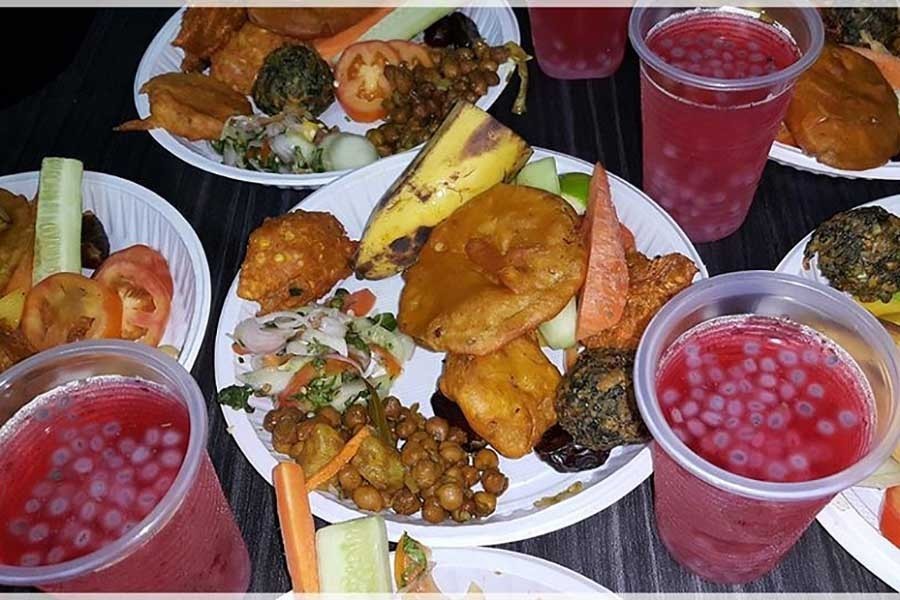For the second consecutive year, Muslims around the world are observing Ramadan amid a terrible microscopic giant called coronavirus disease 2019 or Covid-19, which has infected millions and killed thousands, especially people with immunodeficiency.
Ramadan fasting impacts body systems in different manners but the influence of fasting on immune system regulation remains elusive. This influence may shed light on the immune status of people who fast. Ramadan fasting could be perceived as a stressor leading to alteration of the immune system.
Fasting is thought to put the body into an "energy conservation mode" as no nutrients then come in. To save energy, the body recycles many of its old or damaged immune cells, a process which promotes generation of new, healthier immune cells once the fasting ends. These new cells are quicker and more efficient in fighting infections, so overall immunity improves.
Over the past few years, the beneficial effects of some types of fasting such as reduced meal frequency, caloric restriction, have been shown to reduce oxidative stress and inflammation.
Various studies show Ramadan fasting can restore the immune system. Fasting long hours allows the body to start producing new white blood cells, which rejuvenate the immune system to fight infection. The changes in the body cause the stem cells to regenerate new cells in the immune system.
According to certain promising results of studies, inflammatory cytokines, oxidative stress markers, and C-reactive protein (CRP) might be reduced by Ramadan fasting. Studies also confirmthat cytokine storms are an essential mechanism of coronaviruses, which produce large amounts of inflammatory cytokines. In fact, the main mechanism of the Covid-19 virus is the inflammatory cytokine storm.
A University of Southern California researchhas found that a prolonged fasting can lead to regeneration of the cells ofones immune system. When we fast, the body initially breaks down several immune-fighting white blood cells. It instinctively knows how to start saving energy and one way it does this is by killing off old or damaged immune cells. It also quickly adjusts and triggers regeneration of new cells, therefore increasing the number of immune-boosting cells that we have.
The research found that cells in the body that support the immune response and attack invading pathogens leave the bloodstream when we stop eating as the nutrient content becomes low.
There are things you can do to support your immune system. It is important to eat the right types of food after dusk, containing certain key vitamins and nutrients, as they can have a direct effect on our immunity and help fight certain illnesses. Eating wrong things can weaken the immune system, leaving you more vulnerable to attack from germs and viruses. Fatty and sugary foods should be avoided at Iftar as they make blood sugar levels and cholesterol levels harder to control and also harm immunity. Sugar in high levels can suppress the immune response by affecting the cells that fight bacteria and fried and salty foods have been shown to cause inflammation in the gut which affects the immune response. Try to also limit processed foods as they can hurt immunity and minimise red meat as it increases the risk of inflammation.
It has been proven that supporting immune function and enhancing individual resistance is essential for fighting Covid-19, and the most important ways to strengthen and boost personal immunity are to avoid overconsumption of calories and to undertake a proper exercise programme.
Fasting may give your immune system a boost, especially if you support this with healthy and balanced choices when you break your fast.
As this will be our second Ramadan during the pandemic, it is impossible to know whether fasting may offer some level of protection against getting the illness itself. It's, however, important to stick to the basics that we do know work: social distancing, hand-washing, hygiene, and self-isolation.
Fahmida Hashem is a senior nutritionist at Labaid Cardiac Hospital.


